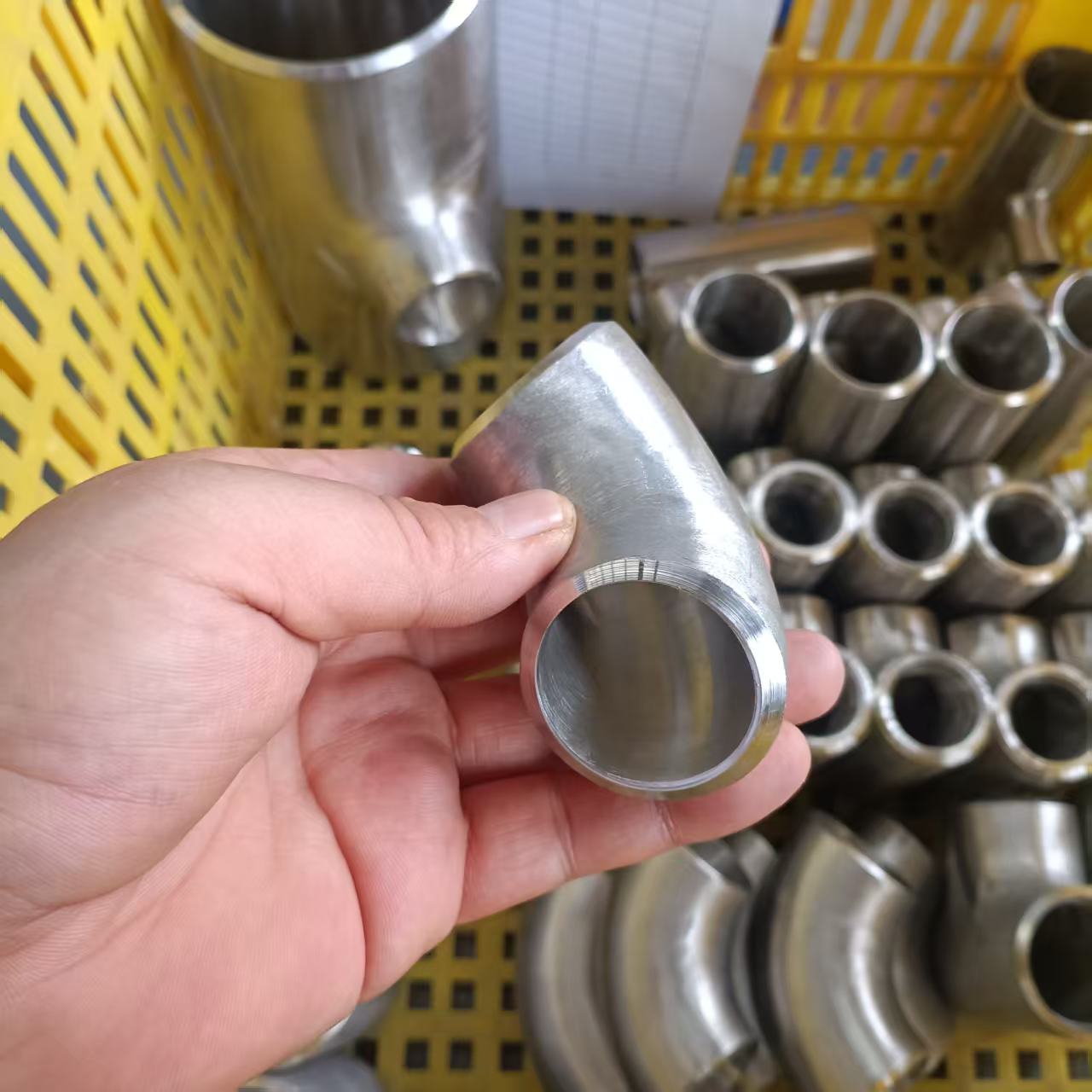
When referring to any titanium or titanium alloy material, it is necessary to provide the corresponding material standard. Common examples include ASTM B348, ASTM F136, ASTM F67, and AMS4928. These standards are part of the common standard system for materials in the United States.
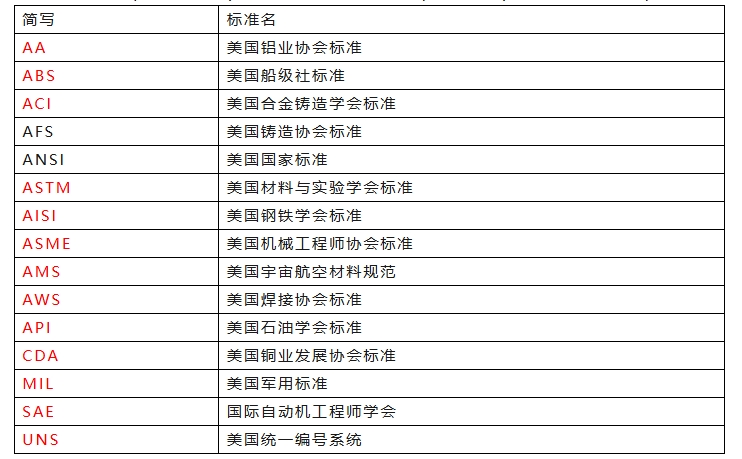
Standards are often classified according to their scope of application into international standards, regional standards, national standards, specialized/industry standards, local standards, and enterprise standards. Today, we will briefly introduce the American standards.
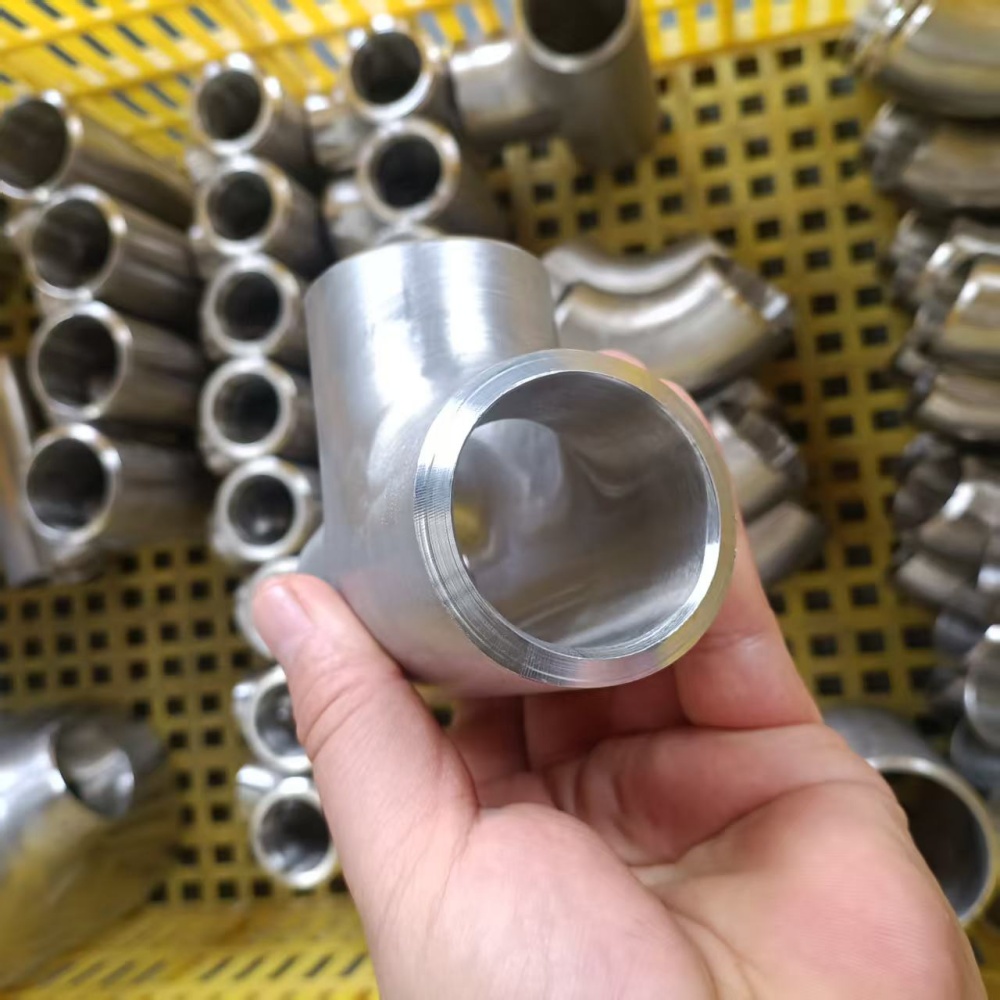
In the industrial field, standards set by standardization organizations play a crucial role in ensuring product quality, safety, and the standardized development of industries. ASTM, ASME, and API are globally influential standardization organizations, and the standards they develop are widely applied in various industries.
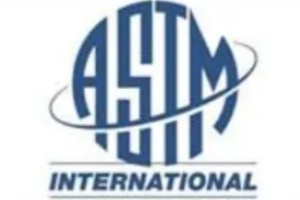
ASTM, the American Society for Testing and Materials, was formerly known as the International Association for Testing Materials (IATM).
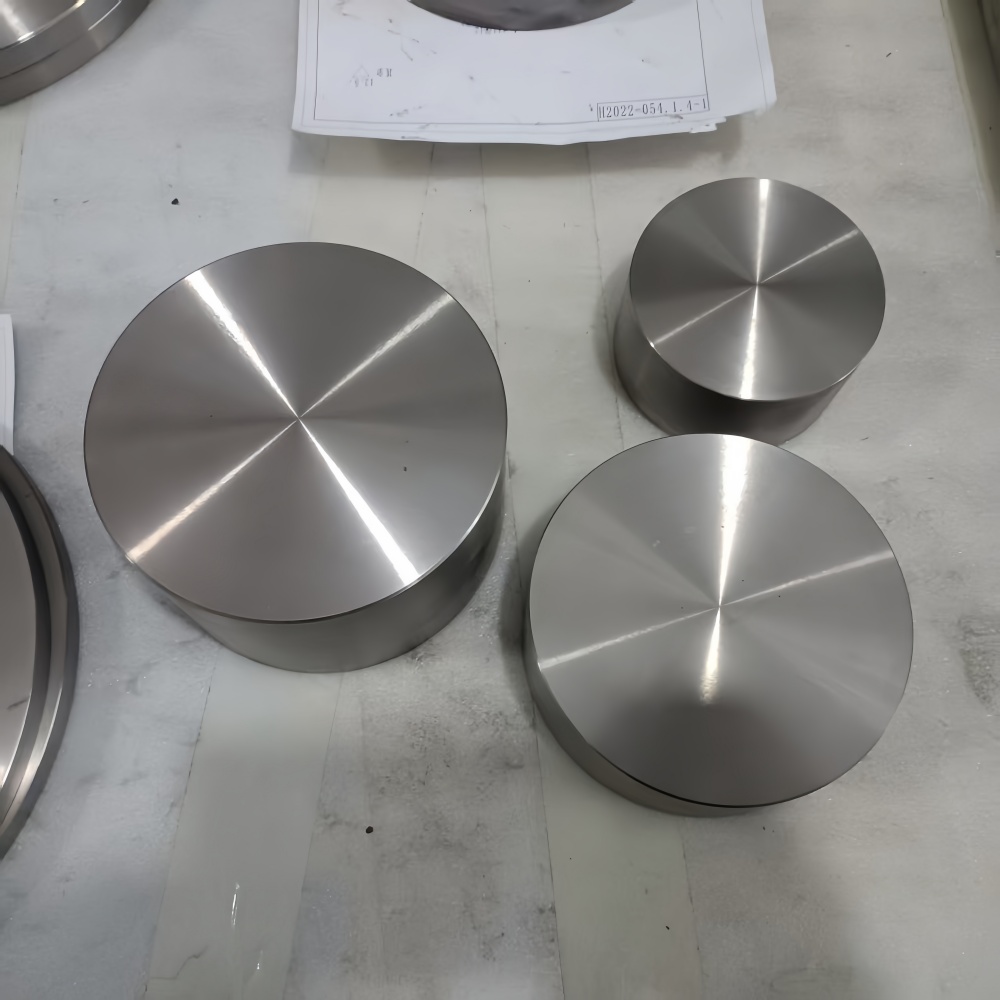
ASTM is one of the oldest and largest non-profit standard academic organizations in the United States. After a century of development, ASTM now has 33,669 members (individuals and organizations), among which 22,396 are main committee members who serve as technical experts in various committees. There are 2,004 technical subcommittees under ASTM's technical committees. A total of 105,817 units have participated in the development of ASTM standards, with the main task of formulating standards for the characteristics and performance of materials, products, systems, and services, as well as test methods and procedures, and promoting the development and dissemination of related knowledge.

ASTM standards are widely used globally, not only in the United States but also in Europe, Asia, and other regions. They are adopted by numerous enterprises and testing institutions. In manufacturing, ASTM standards are used for the inspection of raw materials and quality control of products. In the construction industry, ASTM standards provide a basis for the selection of building materials and the assessment of construction quality. For instance, in the field of metallic materials, ASTM has established standards for the chemical composition, mechanical properties, and testing methods of various steels, aluminum alloys, titanium, and titanium alloys.
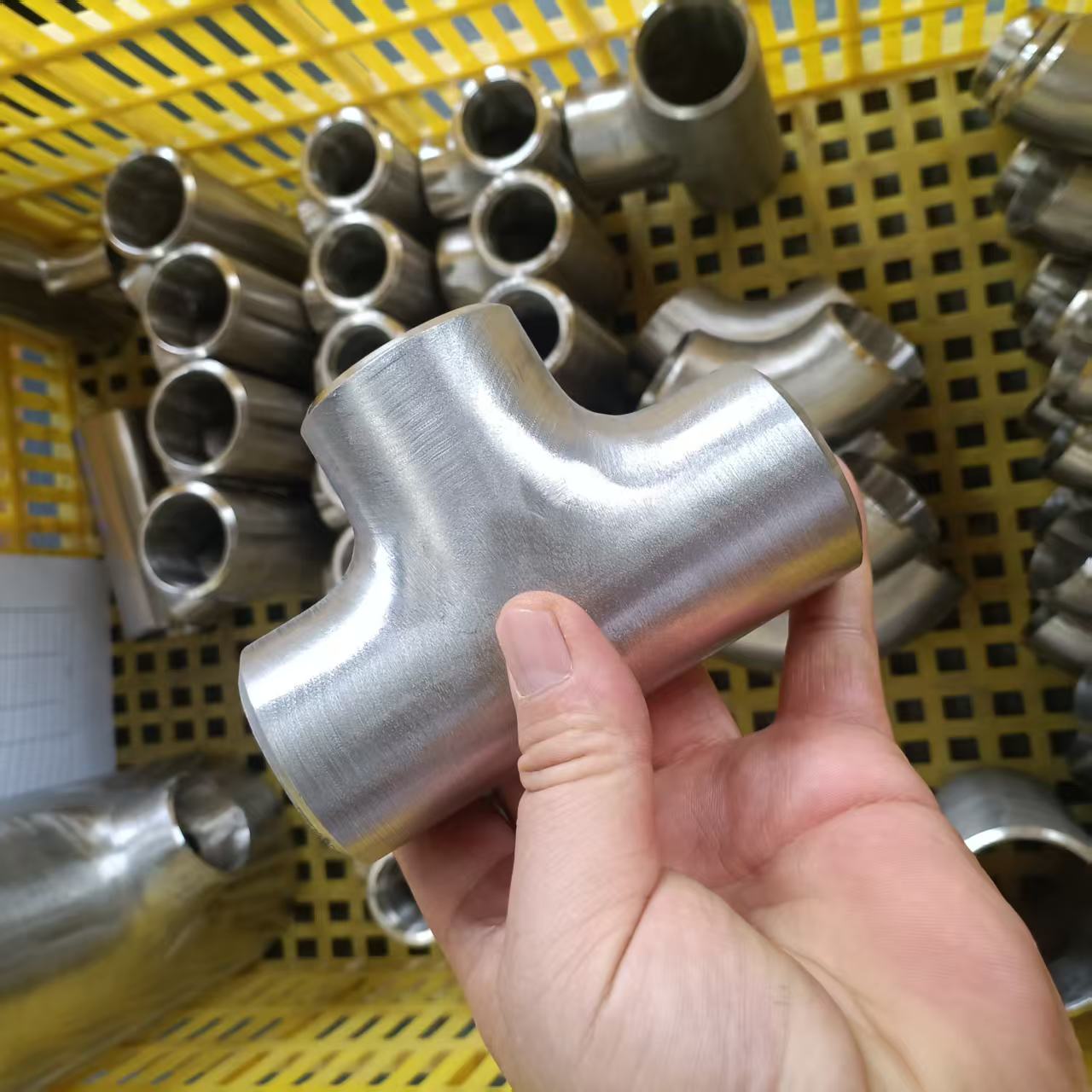
ASME, the American Society of Mechanical Engineers, is a professional non-profit organization founded in 1880. ASME not only participates in the formulation of standards but also is committed to promoting technological development, education, and research in the field of mechanical engineering. Its standards cover various aspects of mechanical engineering, including pressure vessels, pipelines, boilers, nuclear equipment, etc., aiming to ensure the safety, reliability, and efficient operation of mechanical systems.
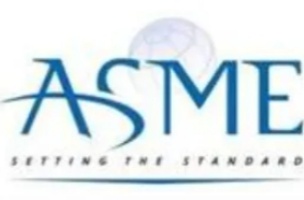
ASME standards are mainly applied in the fields of mechanical engineering and energy. In the power industry, ASME standards are used for the design, manufacture, and inspection of boilers and pressure vessels to ensure the safe and reliable operation of power generation equipment. In the chemical industry, ASME standards provide technical specifications for the construction of pressure pipelines and equipment. In the nuclear energy field, ASME's nuclear codes are important references for the design and manufacture of nuclear power plant equipment.

API, the American Petroleum Institute, is a trade association representing the oil and gas industry in the United States. Founded in 1919, API not only formulates industry standards but also conducts industry research, technology promotion, and policy advocacy activities. API's standards mainly target the exploration, production, refining, transportation, and storage of oil and gas, providing an important basis for the standardized development of the industry. The API standards are the core standards in the oil and gas industry and are widely adopted by global oil enterprises. They run through the entire oil and gas industry chain, from upstream oil and gas exploration and extraction, to midstream transportation and storage, and to downstream refining and chemical production. For instance, in the construction of offshore drilling platforms, API standards stipulate the performance and safety requirements of drilling equipment; in oil trading, API standards are used for the quality inspection and classification of oil products.

Although ASTM, ASME and API are all important standardization organizations in the industrial field, they each have their own focus. ASTM focuses on the formulation of extensive material and product standards; ASME is authoritative in the formulation of standards in mechanical engineering and energy fields; API is the standard leader in the oil and gas industry. A detailed understanding of these standards helps us accurately select and apply relevant standards in practical work, making our work more detailed and standardized.
